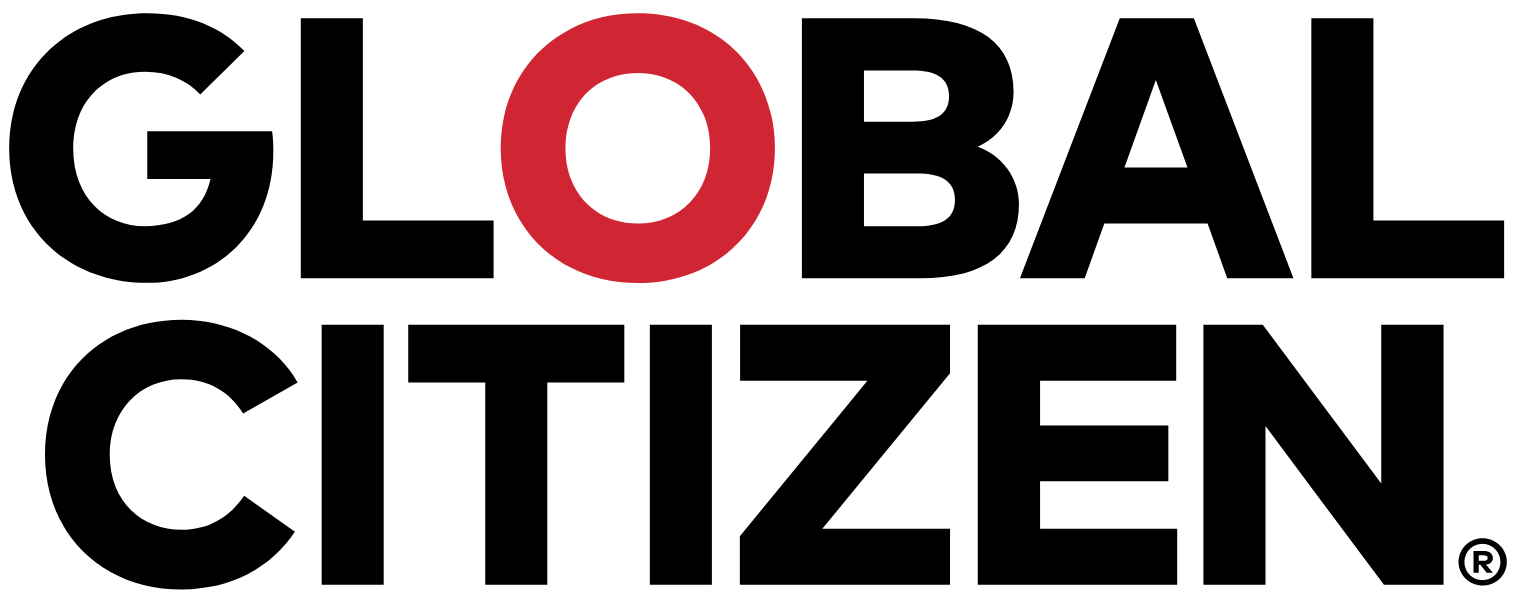Kerry Washington Just Did a COVID-19 Q&A With California’s Surgeon General for ‘Together At Home’
They discussed social distancing, community resilience, and a lot more.
By Joe McCarthy
Award-winning actor Kerry Washington interviewed Dr. Nadine Burke Harris, the surgeon-general of California, about coronavirus as part of the “Together At Home” virtual series and campaign.
Washington and Harris particularly highlighted measures we can all take to minimize the pandemic, including through the Together At Home campaign.
The interview, edited and condensed for Instagram, covered topics such as social distancing, the stress and anxiety caused by the pandemic, and how to help communities in crisis.
Washington began the interview by praising Burke Harris for being the first-ever surgeon-general for California and for embodying “black girl magic.”
Burke Harris then described social distancing, the practice of avoiding public spaces and gatherings of people, as “the most powerful tool that we have to fight the spread of this virus.”
Scientists worldwide agree that the only way to “flatten the curve,” or slow the rate of infections, is to enforce strong social distancing policies. In the US, for example, states across the country have enacted public shutdowns to keep all but the most essential workers in their homes.
Burke Harris said that social distancing is about protecting the most vulnerable, but even young and fit people with no underlying conditions have been hospitalized by the virus.
“It’s older folks over 65 and also folks with chronic diseases or who have compromised immune systems,” she said of the people most at risk. “You don’t know who has a compromised immune system, you don’t know if the person standing 12 feet away from you in the grocery store might be on some medication that's lowering their immune system, or might have diabetes, or might have chronic lung disease.”
Washington noted that society-wide social distancing is sparking job loss and economic insecurity, which can cause communities to experience more stress.
Burke-Harris urged people to maintain regular schedules throughout their days and to get enough sleep to effectively manage stress levels.
As far as the economic impact of COVID-19 goes, national governments are responsible for ensuring people and businesses receive financial assistance to stay afloat during and after the crisis.
Across Europe, governments have already agreed to substantially support people who have lost their jobs amid the pandemic. In the US, Congress is currently negotiating a multi-trillion dollar relief package for citizens, while the Trump administration is arguing that people should soon return to their jobs to prevent economic decline — which medical experts say would exacerbate the crisis.
Communities are also setting up community relief funds to support financially dislocated neighbors and peers. You can find out about how you can help those in need here.
Burke Harris stressed the importance of helping others during this time of crisis.
“Not only is it important for people to step up and take action on the things that they believe in, but the research shows when we do something kind or helpful for someone else that actually releases hormones that fights the stress response in our bodies,” she said.
“Make a donation to a nonprofit or advocate for the policies that you believe in that you think will help your friends and neighbors,” she continued. “All of those things can help us feel a little less powerless and it helps the greater good.”
"Together At Home" was launched on March 16 by Global Citizen and the World Health Organization, and is supported by artists and influencers worldwide.

